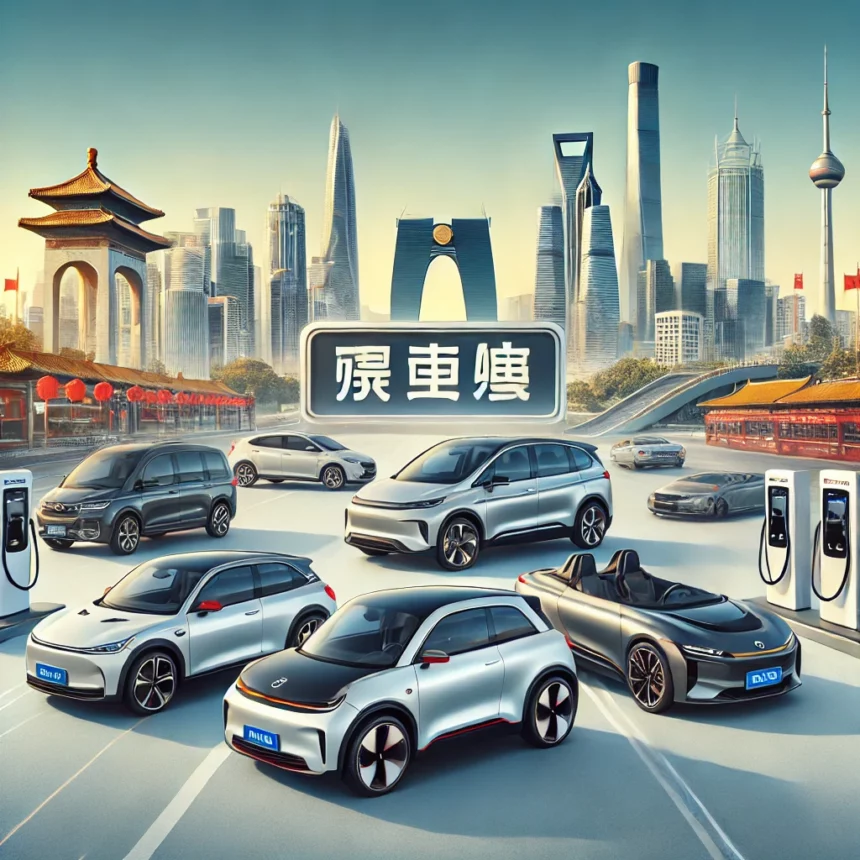Beijing, October 8, 2024 —According to the Ministry of Commerce’s announcement on Tuesday, China has submitted a formal request for talks with Turkey at the World Trade Organization (WTO) regarding the implementation of additional taxes and licensing restrictions on imported electric vehicles and other vehicles from China.
The disagreement revolves around Turkey’s plan to levy an additional forty percent duty on electric vehicles manufactured in China and implement new import licensing criteria. The Chinese Ministry of Commerce has criticized the measures, describing them as a violation of the laws of the World Trade Organization (WTO) and a type of protectionist policy.
“This discriminatory action is a violation of WTO rules and a typical protectionist practice,” said a Beijing representative for the Ministry of Commerce. “This action is a characteristic of protectionist practices.” “We urge Türkiye to abide by its relevant commitments at the WTO and immediately correct its wrong practices.”
Beijing is attempting to protect its fast-expanding electric vehicle industry, which has rapidly extended its market share around the globe, and the decision that China has made to bring the case before the World Trade Organization (WTO) indicates an escalation in tensions between the two countries. The Chinese government has claimed that it will take all actions that are available to protect the legitimate rights and interests of its local industry.
The first stage in the process of resolving disputes at the World Trade Organization is to make a request for consultations. China can request the establishment of a WTO dispute panel in the event that the two countries are unable to address the problem through consultations within sixty days. This could result in a formal ruling on China’s part against Turkey. In the future, trade in the rapidly expanding electric vehicle sector could be significantly impacted by such a ruling, which could have substantial ramifications on both a regional and worldwide scale.
The imposition of tariffs by Turkey comes at a time when the country is actively participating in the development of its own domestic electric car industry. Analysts feel that this may be the motivation for the attempt to restrict Chinese competition. In the event that the World Trade Organization (WTO) decides in favor of China, the decision may have unintended consequences, as Turkey may be required to alter its trade policy in order to conform to international norms.
Other large nations that produce automobiles will keenly attend to the resolution of the issue, and it has the potential to provide a precedent for the manner in which nations control trade in the rapidly developing market for electric vehicles.



